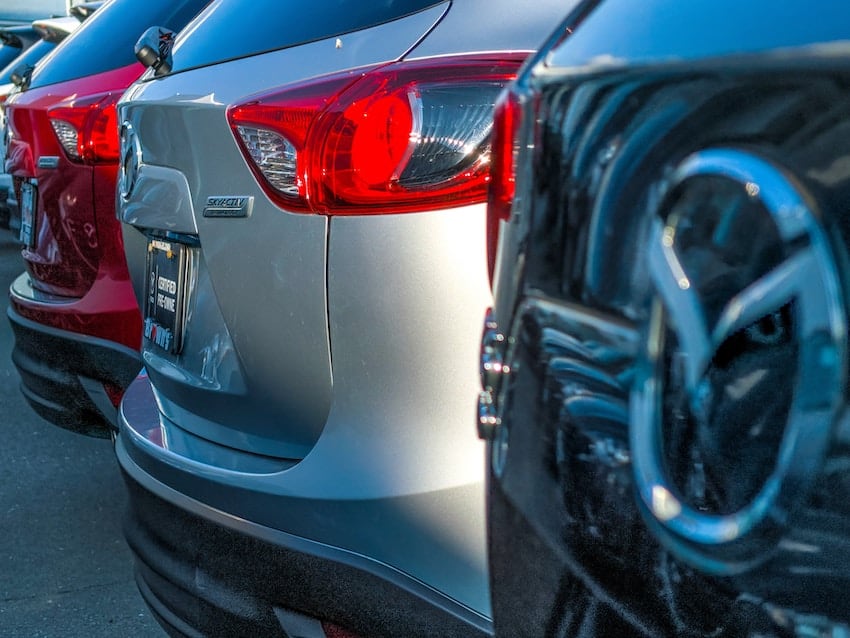When is a rental car no longer a rental car? When it has been stolen and sold on the black market.
According to a Milenio newspaper report, some 300 rental cars were stolen last year in the Caribbean coast state of Quintana Roo, where hiring a vehicle is a popular way to get to attractions across the Yucatán Peninsula.

Citing information from the president of the Quintana Roo branch of a leading business group, Milenio reported Sunday that a “network of swindlers” has stolen cars from agencies in Cancún, Puerto Morelos and Isla Mujeres, which is the name of a small Caribbean Sea island and a mainland municipality.
Eduardo Martínez, president of the Business Coordinating Council (CCE) of the Caribbean, told the newspaper that the modus operandi of the fraudsters was outlined at a recent CCE meeting.
Criminals hire cars at rental agencies, but instead of taking off on a trip or using them for another legitimate purpose, they put them up for sale online the very same day.
Martínez said the vehicles are advertised on social media and the swindlers organize meetings with potential buyers at co-working spaces. At the meetings, the thieves show the potential buyers fake documents that supposedly support the legitimacy of the sale, the CCE chief said.

Buyers pay in cash or electronically transfer funds that are promptly withdrawn by the illegal vendors, Martínez said.
Even though the vehicles are stolen and sold, the crime is not in fact classified as theft due to a legal loophole, he said. As the thieves enter into a rental contract before taking possession of the car, the crime is classified as a breach of trust rather than theft, Martínez explained.
The loophole “complicates legal actions against the fraudsters,” Milenio reported. It was unclear how many of them, if any, had been arrested, or whether rental agencies had sought to recover losses by making additional charges to criminal customers’ credit cards.
The recovery of some cars has taken as long as two years, Martínez said.

Statistics presented at the recent CCE meeting and reviewed by Milenio show that the rental agencies have incurred losses totaling 150 million pesos (US $8.7 million) or 500,000 pesos per car.
“The situation really is concerning,” Martínez said. “We’re facing a phenomenon in which criminals are exploiting a gap in legislation to carry out these thefts.”
Alma Reynoso, a councilor in Benito Juárez, the municipality that includes Cancún, said that the crime has a direct impact on the “booming” car rental industry in Quintana Roo, which also includes popular destinations such as Playa del Carmen and Tulum.
“Quintana Roo is an important actor in the national rental vehicle market,” she said, explaining that the state has market share of 19%.

The theft problem hasn’t escaped the attention of lawmakers such as Quintana Roo Deputy Julián Ricalde Magaña, head of the tourism committee in the state Congress. He put forward a bill in April that proposes reclassifying the theft of rental cars as exactly that – theft.
“We’re seeking to prevent any kind of abuse of fraud related to rental cars in our state. The aim is to ensure that that these vehicles are used exclusively for legal purposes,” Ricalde said.
His bill, which proposes prison terms of four to six years for people convicted of the theft of rental cars, is currently being analyzed by the justice committee of the state Congress.
With reports from Milenio
